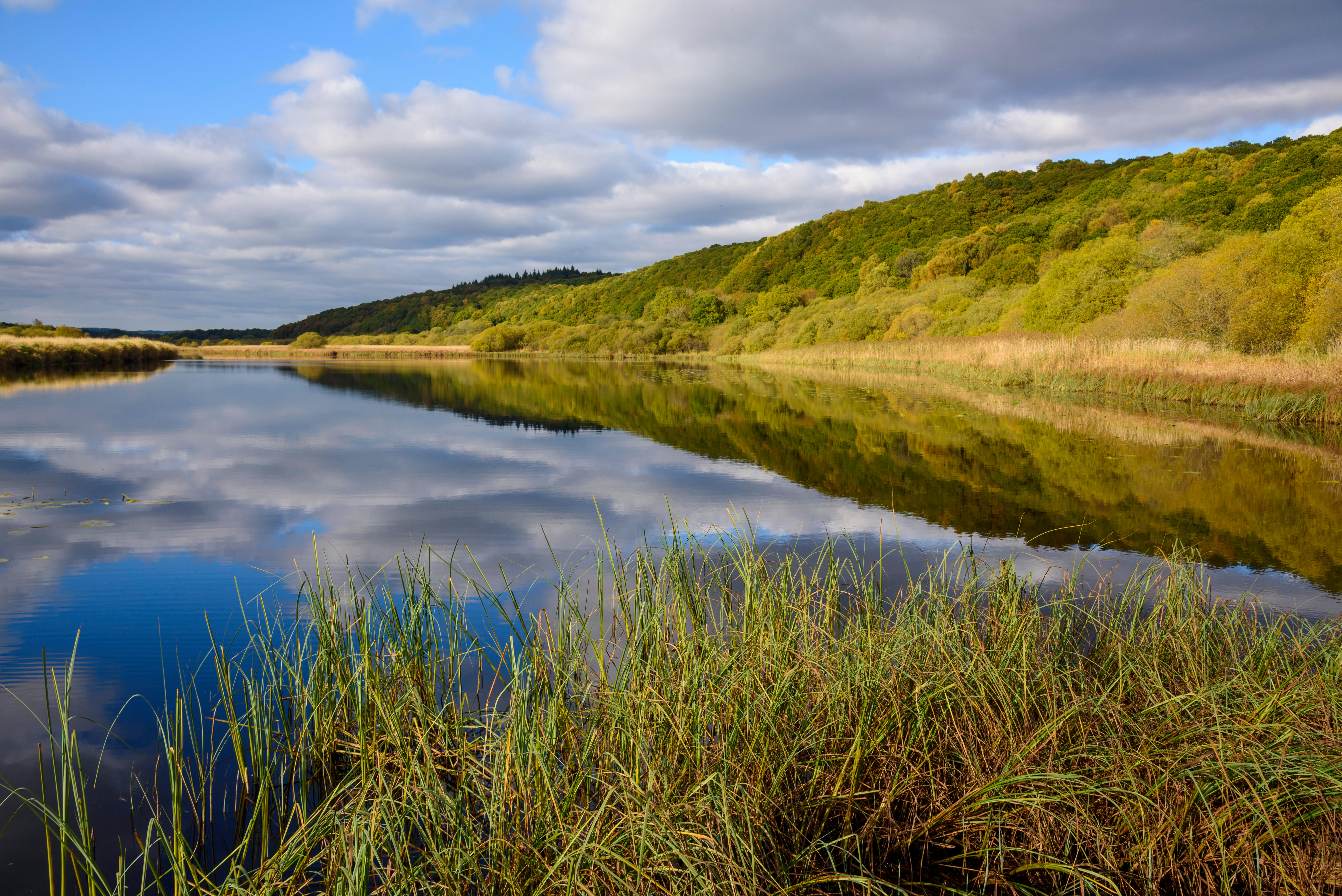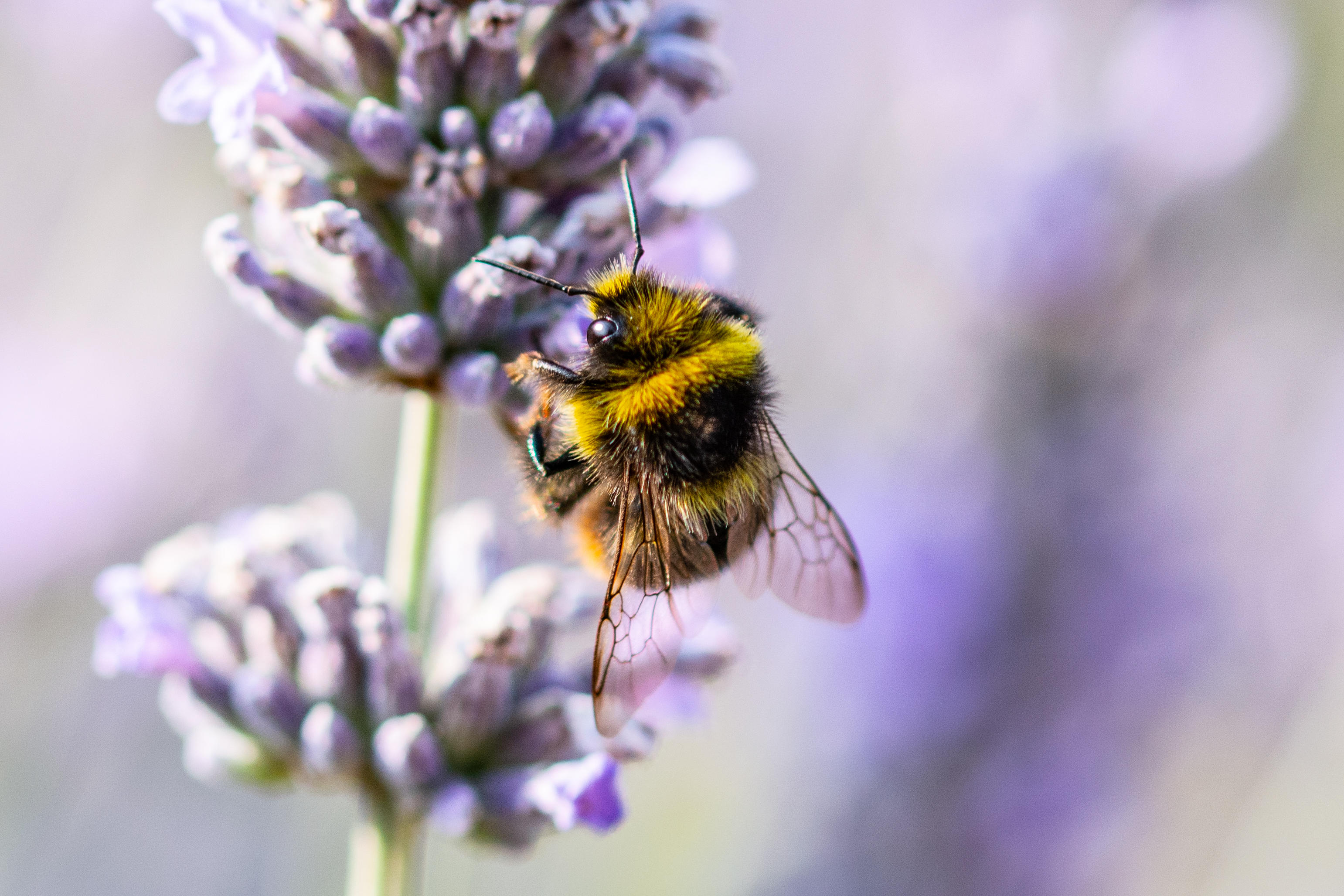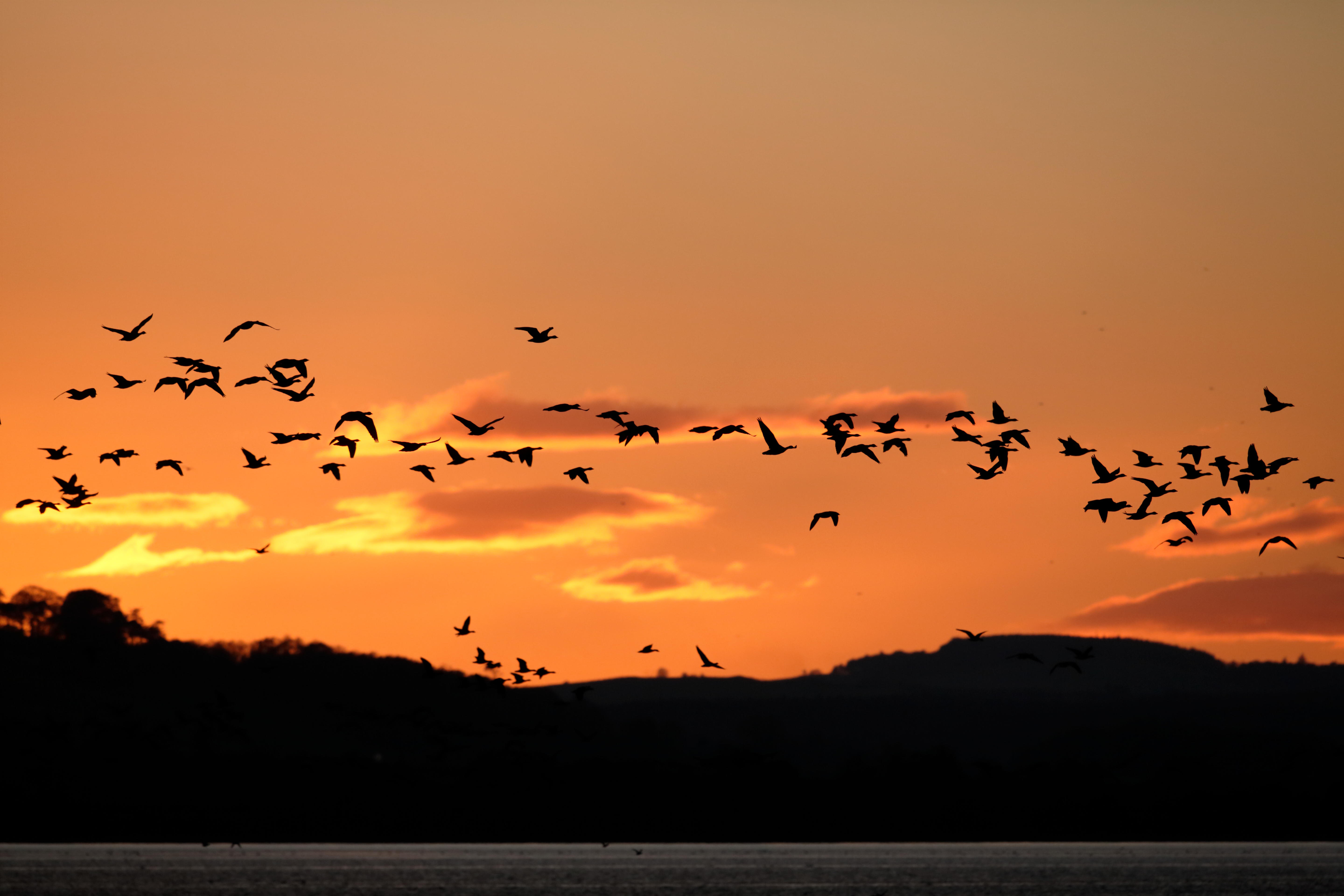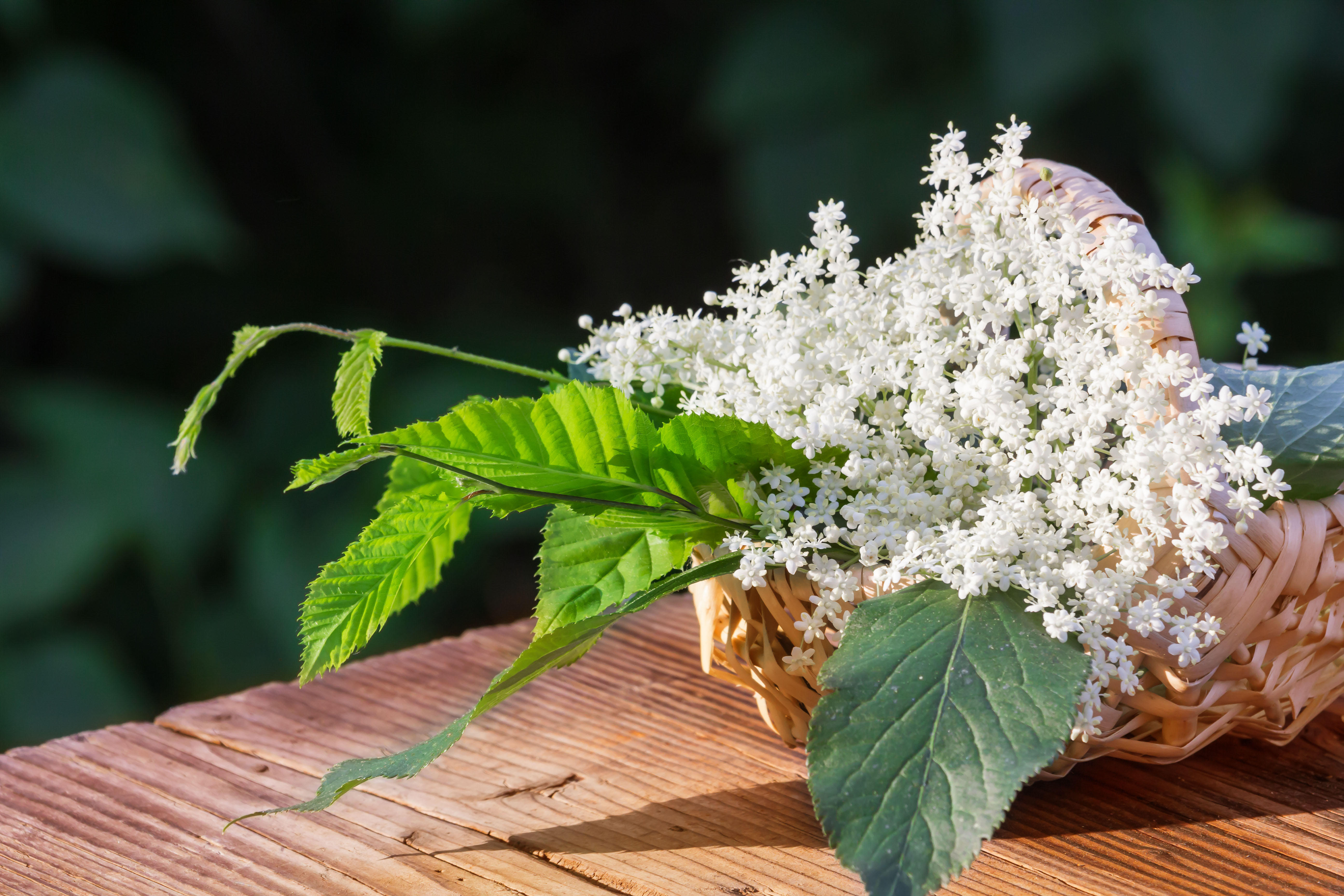Country Life Today: the Scottish farmer who wants to create the first official mobile blackspot
In today's round-up, we reveal why a Scottish farmer is turning her back on mobile phones, explain how people can best deal with honeybee swarms and discover why salmon is vanishing from what once was one of Britain's most productive rivers.


No mobile signal, thanks, says South Ayrshire farmer
While many British rural businesses are lobbying for improvements to mobile connectivity in the countryside, a farmer in South Ayrshire is bucking the trend and asking for her land to be officially named a mobile blackspot.
Sarah Redman, whose Creeside Farm sits in a designated Unesco Biosphere and overlooks the striking River Cree, is asking the local council to prevent the introduction of 3G, 4G and 5G networks in her area, which she would like to turn into an off-line sanctuary. Ms Redman, who runs a B&B in a Shepherd’s Hut on her farm, says that people who come to stay there find being off-grid a huge benefit.
New campaign helps homeowners deal with bee swarms without hurting the insects
A pest control company has launched a campaign to promote the safe removal of bees, whose decline is made worse by homeowners that brutally kill any nest found on their property.

The correct way of dealing with honeybee swarms is to call professional beekeeping associations, who can safely re-home the beleaguered insects.
Salmon is disappearing from one of England’s richest rivers
A deadly combination of overfishing, pollution, rising sea temperatures and disease from fish farms is spelling disaster for salmon in the River Lune, which flows across Cumbria and Lancashire. Once one of England’s most productive salmon rivers, it has seen a sharp decline in population numbers — only 1,908 salmon were counted in 2018, against more than 8,000 in the early 2000s.
Exquisite houses, the beauty of Nature, and how to get the most from your life, straight to your inbox.
The Environment Agency has put some regulations into place and is introducing a further set of rules in a bid to help the fish recover but the anglers that have sounded the alarm are concerned that stocks are struggling because of ‘a combination of things, and it’s hard to find an easy solution’.
Full story (Lancaster Guardian)
Lumos Maxima! First-printing of Harry Potter sells for more than £27,000
A British buyer paid £27,500 to secure a first-issue hardback copy of Harry Potter and The Philosopher’s Stone at the Chiswick Auctions Books & Works on Paper sale on September 25.

The book was only one of 500 hardbacks published in the first print run and had a couple of typos that were corrected in later editions.
On this day… William the Conqueror set sail for England
The Norman Duke, who had been amassing a large invasion army all through the summer, set out from Valery-sur-Somme on September 27, 1066. His force had been ready to leave earlier in the year but bad weather — and reports that the English army was stationed along the southern coast — delayed the departure.
As it happens, the timing couldn’t have worked better for William. Harold had just defeated another contender for the English throne, Harald Hardraada, in the Battle of Stamford Bridge on September 25 and his army was still up North when the Normans landed on September 28, a day after they had set sail. This gave William a strategic advantage that helped him defeat Harold in the Battle of Hastings on October 14, 1066.
Scotland could see more than 100,000 pink-footed geese this autumn
Every autumn, pink-footed geese migrate to Britain from Iceland and Greenland. And with population numbers on the rise, this year could see record arrivals, beating the autumn of 2015, when more than 85,000 of the birds gathered at Scotland's Montrose Basin.

The geese, which remain on these shores until early spring, can be spotted in Scotland, North-West England and East Anglia.
And finally… a Truro roundabout has been named the best in the UK
A roundabout on the A390 in Truro, Cornwall, has won the title of Britain’s best traffic island in the annual competition organised by the Roundabout Appreciation Society. Judges particularly liked the four giant hedgehogs, made of coppiced wood, which took up residence at the centre of the busy junction last summer.
Now, the roundabout and its spiky residents will grace the pages of the Society’s Best of British Roundabouts Calendars 2020.

Country Life Today: how the humble elderflower became big business
In today's news round-up, we look at the extraordinary rise of elderflower from weed to the key ingredient in one
Carla must be the only Italian that finds the English weather more congenial than her native country’s sunshine. An antique herself, she became Country Life’s Arts & Antiques editor in 2023 having previously covered, as a freelance journalist, heritage, conservation, history and property stories, for which she won a couple of awards. Her musical taste has never evolved past Puccini and she spends most of her time immersed in any century before the 20th.
